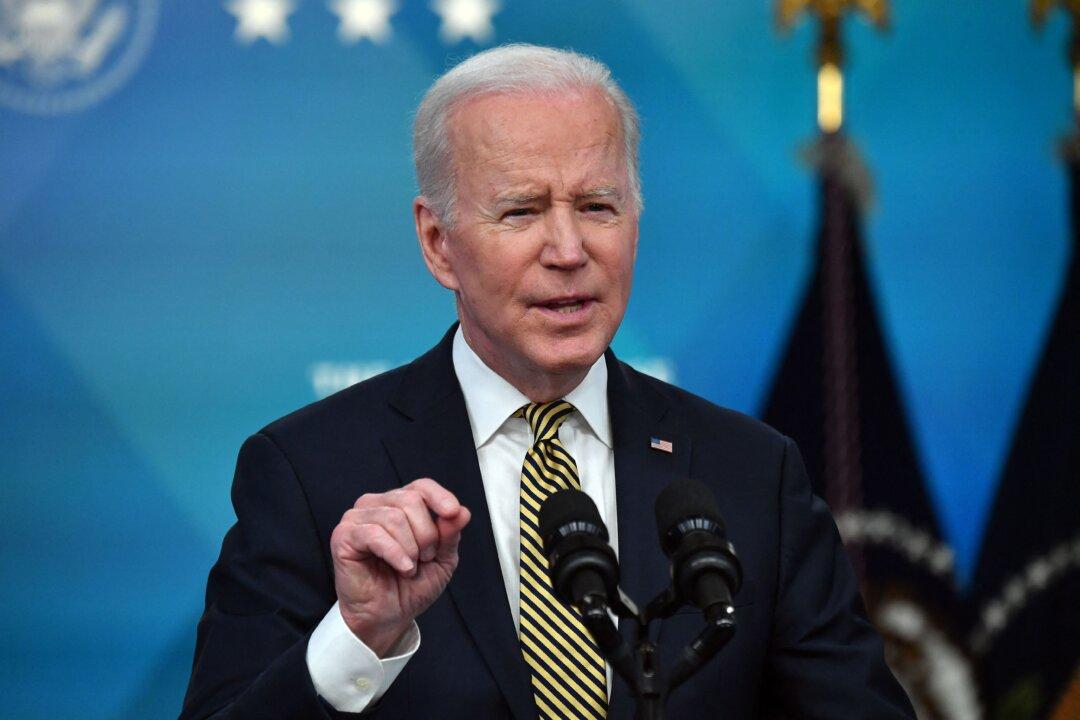President Joe Biden will speak with Chinese leader Xi Jinping on March 18 by telephone to discuss a range of urgent issues, including China’s stance on Russia’s invasion of Ukraine and economic competition between Washington and Beijing, White House press secretary Jen Psaki announced on March 17.
Psaki described the call as “part of our ongoing efforts to maintain open lines of communication between the United States and the PRC [People’s Republic of China].”





